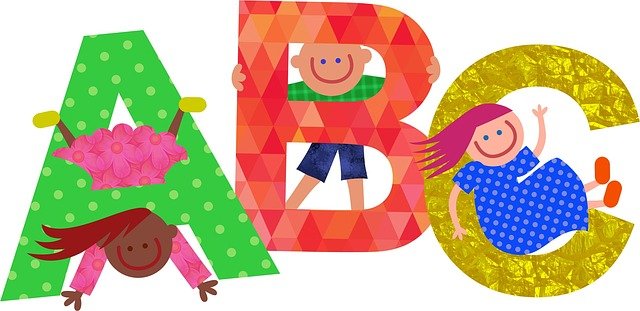Literacy is defined as the ability to read, write and understand language and text. Emergent literacy regards the precursor skills necessary for formal literacy training. Skills such as book orientation and handling, directionality of print (left to right,) comprehension that books contain stories which remain consistent every time they are read, print corresponds to pictures on the page and early sequencing (i.e., there is a beginning, middle and end to stories) all contribute to early literacy. A child’s exposure to literacy before entering formal schooling is imperative. Research has shown that the birth-to-three developmental period is crucial to developing oral language skills and a foundation for literacy. In fact, researchers have found that the age at which parents/caregivers begin reading to their child is highly correlated to the development and quality of language development.
Factors that may indicate possible literacy difficulties include: decreased attention skills, decreased awareness of rhyme, inability to segment words into syllables and inability to recognize letters of the alphabet. Behavioral signs that may indicate early literacy difficulties include refusal to look at books or pictures, lack of interest when flipping pages of a book, and passivity when an adult is reading the book.
Parents can facilitate development of early literacy skills during regular activities already occurring from day to day. Showing your children that reading and writing are a part of everyday life and can be fun and exciting is easily doable. Consider the following activities:
- Talking to your child during daily routine activities and describing the events as they happen(bath time, meals)
- Drawing your child’s attention to print in everyday settings (magazines, food labels/boxes, traffic signs, store logos, recipes, mail)
- Introducing and modeling new vocabulary words during holidays or other special activities (e.g., going to the water park, zoo, playground)
- Reading picture books that focus on sounds, rhymes and alliteration (words starting with the same sound)
- Directing your child’s attention to books by pointing out words and pictures as you read
- Providing materials that allow for children to draw/scribble
- Encouraging your child to describe or tell a story about a picture he drew, while you write down his words to the story
Get a Free Online Assessment
Looking for an expert opinion on your child's needs? Fill out a 3 minute questionnaire and receive a personal evaluation from our staff



